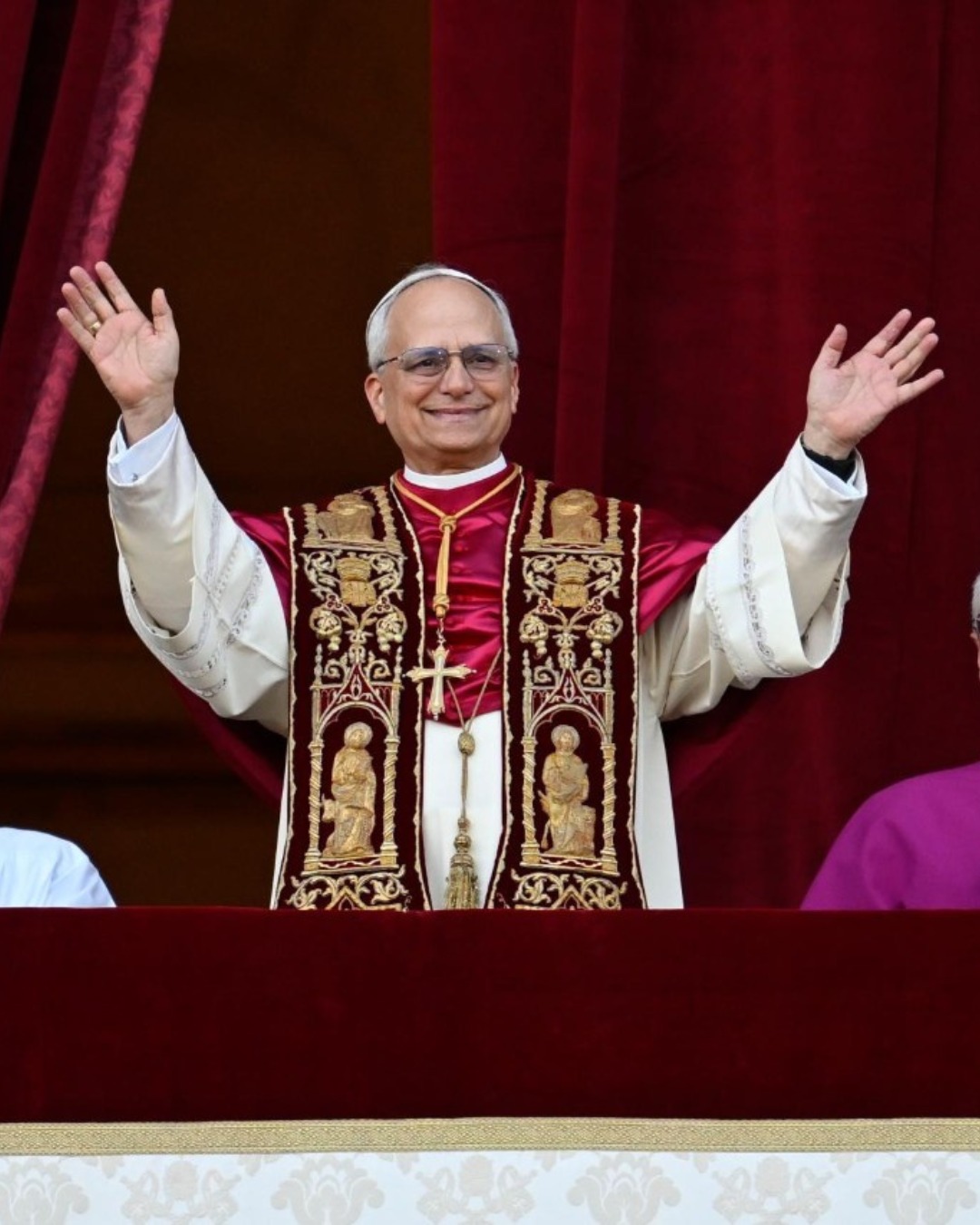On May 8, 2025, the Catholic Church entered a new era with the election of Pope Leo XIV, the first American-born pontiff. Formerly known as Cardinal Robert Francis Prevost, he is also the first member of the Order of Saint Augustine to ascend to the papacy, bringing a unique blend of missionary experience, academic rigor, and pastoral care to his leadership.
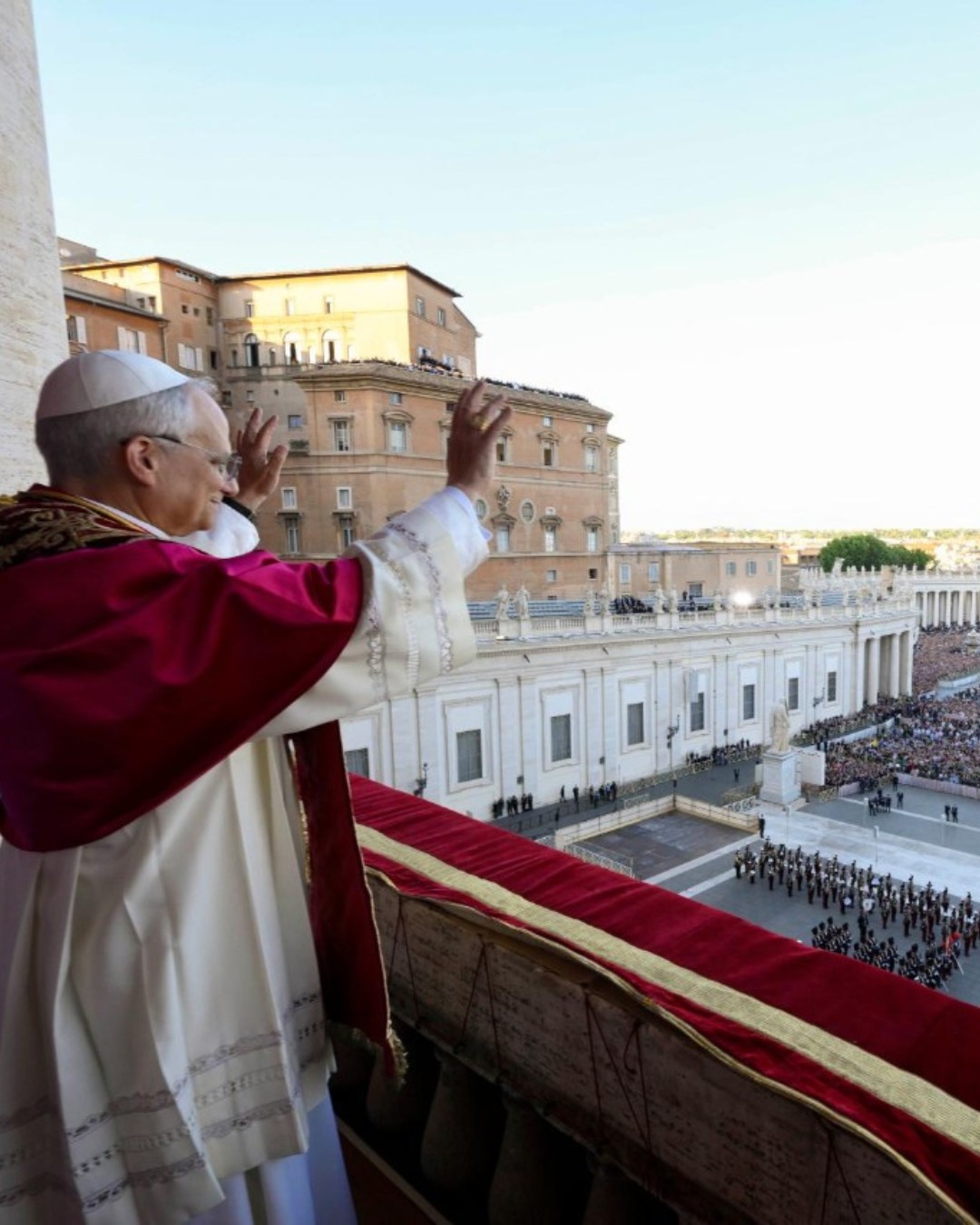
A Life Shaped by Service and Global Outreach
Born on September 14, 1955, in Chicago, Illinois, Robert Prevost’s journey to the papacy is marked by diverse experiences across the globe. Educated in mathematics and theology at Villanova University and the Catholic Theological Union, he later earned advanced degrees from the Pontifical University of Saint Thomas Aquinas in Rome. In 1981, he took his solemn vows as an Augustinian friar, committing to a life of service, humility, and dedication to the Church.
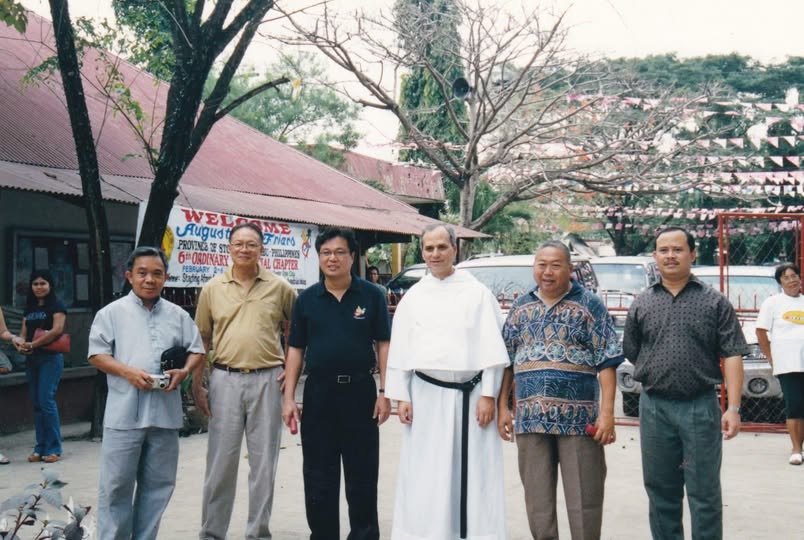
His missionary work in Peru, where he served from 1985 to 1998, left an indelible mark on his ministry. During his time in Chiclayo, he engaged deeply with marginalized communities, advocating for social justice and human rights. In 2004, he visited Cebu, Philippines, where he connected with the local Augustinian community, reinforcing his ties to the global Church and gaining further insights into the faith and cultural dynamics of the region, as reported by Rappler. In 2015, he became a naturalized Peruvian citizen, underscoring his commitment to the region and its people.
A Surprising Selection
Prevost’s election as pope came as a surprise to many, particularly given the longstanding reluctance to select an American for the role. However, his dual U.S.-Peruvian citizenship and extensive international experience made him a compelling candidate in the eyes of the 133 cardinals, the largest conclave in history.
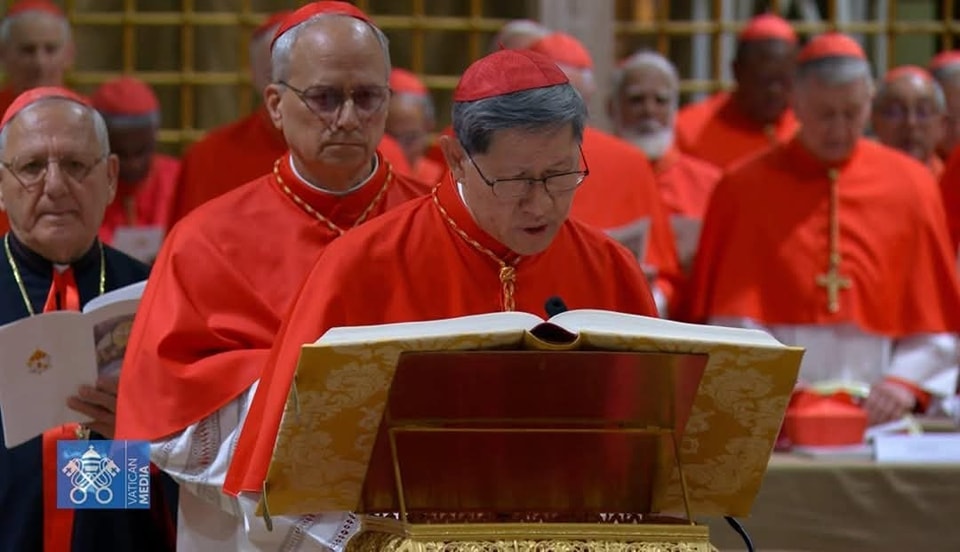
According to a report by the BBC, the election required four ballots, reflecting a broad consensus among the cardinals. His selection was seen as a nod to continuity with the values of Pope Francis, while also signaling a fresh perspective rooted in global outreach and social justice.
A Papacy of Tradition and Reform
In his inaugural address, Pope Leo XIV invoked the memory of Pope Leo XIII, known for his advocacy of workers’ rights and social teachings. Analysts suggest that his papal name choice is a deliberate signal of his intent to address contemporary issues with a focus on dignity, economic justice, and environmental stewardship.
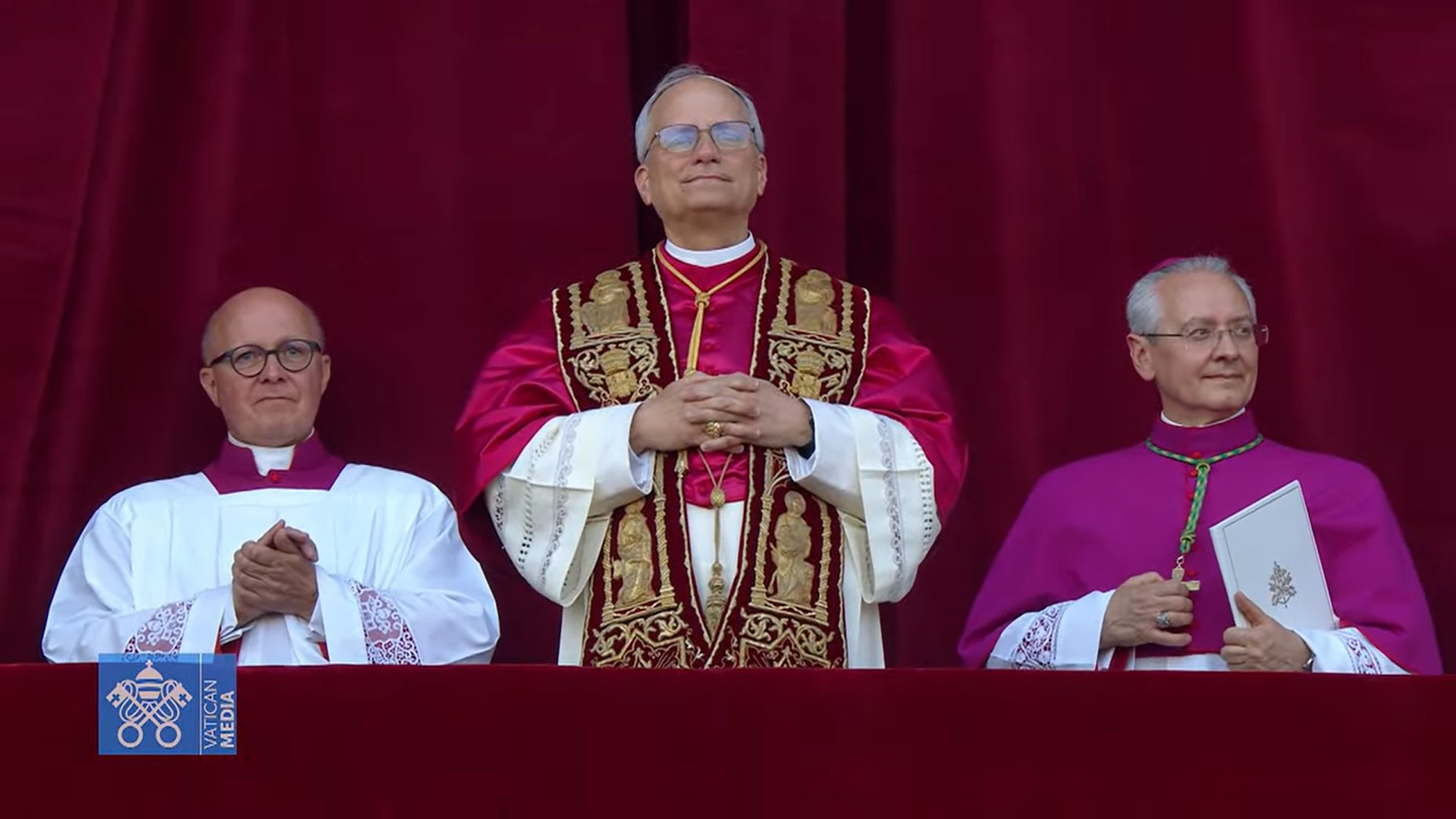
While he has expressed more conservative views on doctrinal matters such as women’s ordination and LGBTQ+ rights, his emphasis on unity and compassion may help to bridge the ideological divides within the Church. “I am here to serve, not to be served,” he stated during his first public address from the balcony of St. Peter’s Basilica.
Challenges and Opportunities
Pope Leo XIV inherits a Church grappling with numerous challenges, from declining church attendance in the West to financial transparency and the ongoing clergy abuse crisis. His extensive administrative experience as the former Prefect of the Dicastery for Bishops and President of the Pontifical Commission for Latin America will be crucial as he seeks to implement reforms and restore trust.
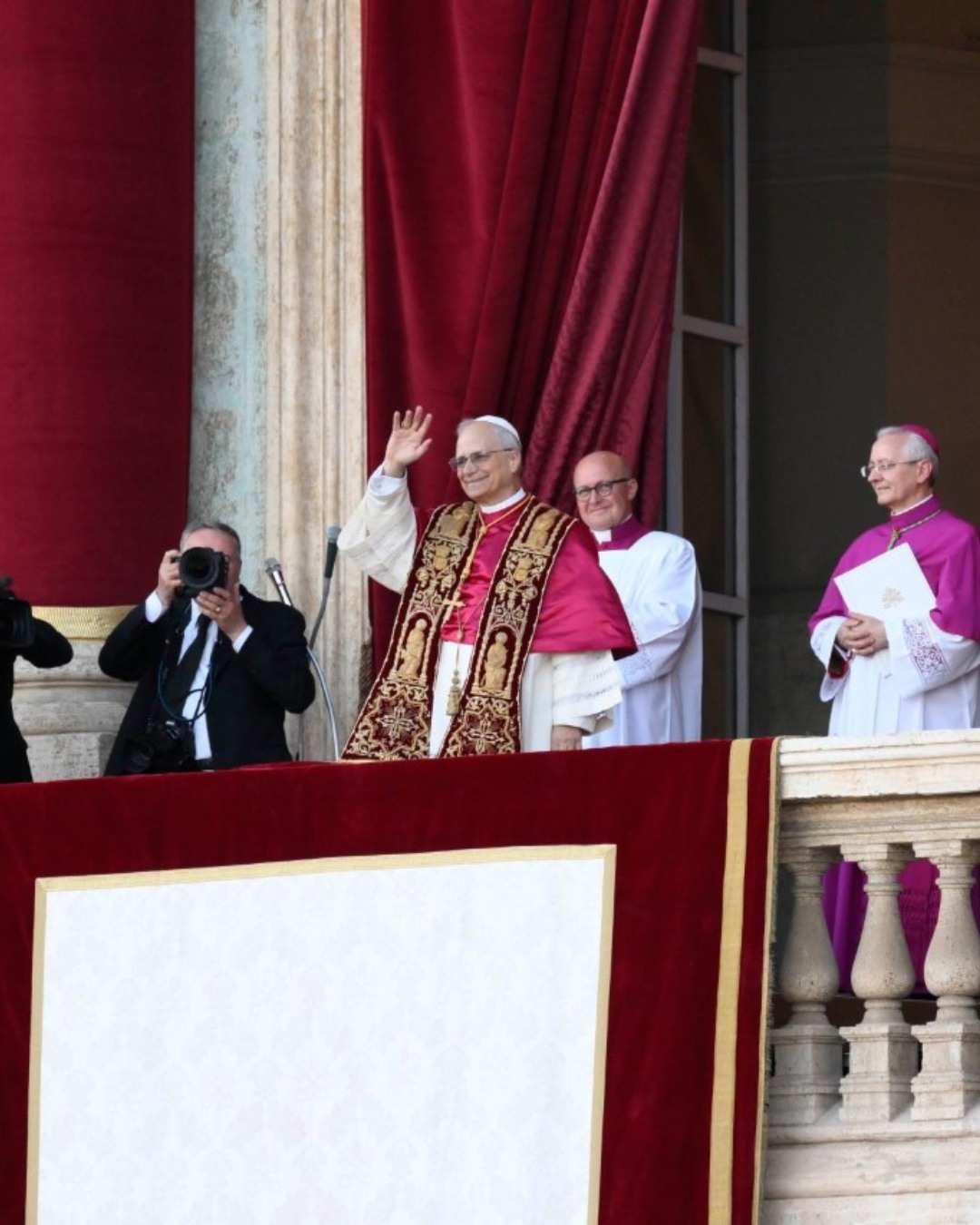
Moreover, his election has been met with a mixture of optimism and skepticism. As the first American pope, he symbolizes the increasingly global nature of the Catholic Church. His ability to balance tradition with modern concerns will likely define his papacy in the coming years.
The Path Forward
Pope Leo XIV’s blend of American roots, Peruvian missionary experience, and Augustinian spirituality positions him uniquely to lead the Church through complex and transformative times. As he begins his papacy, the world watches closely to see how he will navigate the delicate balance between upholding Church traditions and addressing urgent contemporary issues.
May God bless our new pope on his journey for peace.
Habemus Papam!
